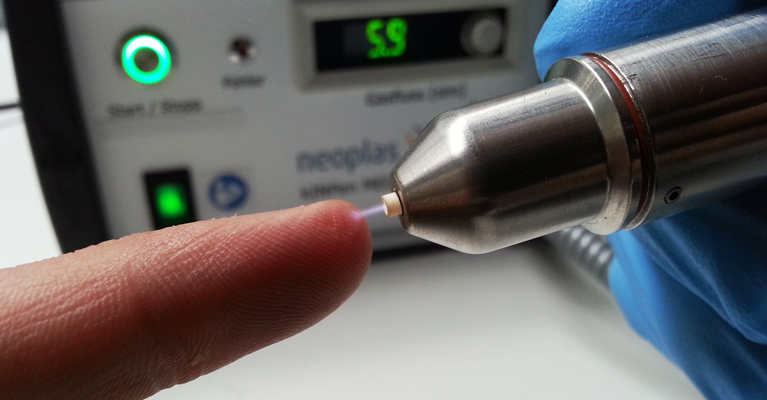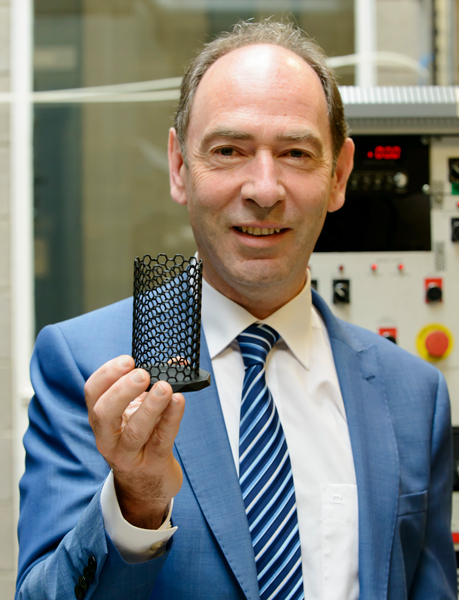
About
Press Play to Begin

About the Surface Engineering Group
The Surface Engineering Group carries out research on the use of plasma and other surface treatments to modify the properties of polymers, ceramics and metals. Using plasmas the mechanical, physical and chemical properties of these materials can be modified at the nm and micron level. Coatings can be deposited which can enhance surface properties, for example, to tailor wettability, cell/protein adhesion, tribological properties as well as enhancing the adhesive bond strength. The depositon of functional coatings can also be used to achieve enhanced biocompatibility or to improve anti-bacterial performance. The group has a range of equipment for the deposition of coatings/layers including:
-Physical Vapour Deposition (PVD) Systems
-Plasma Enhanced Chemical Vapour Deposition (PECVD) Systems
-Microblasting techniques
-Additive Manufacturing of polymers
Amongst the layers deposited using these sources are plasma polymerized polymers i.e. siloxane coatings, hydroxyapetite, metal nitrides, oxides and carbides. Coatings are selected according to the application requirements of the end user. The deposition of functional nm layers to enhance the adhesive bonding performance of composites is currently a particular focus. The group uses a range of surface characterisation equipment to measure properties such as functional chemistry, surface energy, surface roughness, coating adhesion, thickness, hardness, thermal stability, wear resistance, friction, morphology, optical properties and crystal structure (links below).
The training of manufacturing engineering is supported through the UCD Learning Factory on Smart Precision Manufacturing (link also below).
